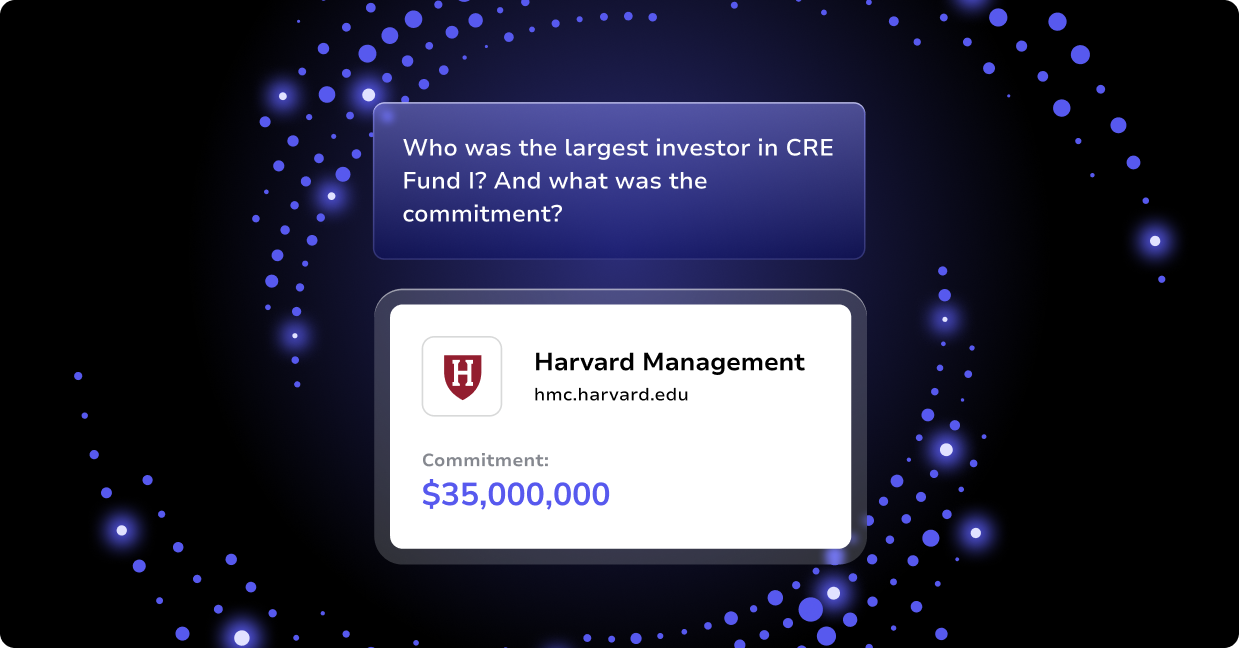Cracks are forming around Private Equity’s (PE) traditional process of creating value. The method of “buy, gut, flip, and repeat,” is no longer seeing the success it once had. These days it’s more challenging to grow portfolios by simply “buying smart.” Hold periods for investee companies have multiplied, and operating groups have increasingly limited time and resources. A data-driven talent management approach requires active monitoring, reshaping, and upgrading management capabilities from the ground up.
Strategic transformation of talent and leadership across the portfolio is the new, sustainable way of creating value.
Creating More Value Through Talent Management
PE can create long-lasting value through talent management as a core competency at the portfolio level. From an investor’s perspective, a strong team of talent can add as much as 30 percent to a company’s market valuation.
To create value from talent management, PE firms need a new approach to leadership and talent. The talent management process needs to start early and be very active. Acquiring and developing top talent needs to be a priority. Management capabilities don’t transform overnight, and firms that adopt tools to help with monitoring and tracking are sure to pull ahead.
Diversity Pays Off
Not only is it essential to acquire and develop top talent, but having a diverse workforce is also highly beneficial. By assembling employees of varying backgrounds and perspectives they generate a variety of insights, ideas, and superior returns.
PE is notorious for lack of diversity. There are too few women and people of color serving in lead investment roles. A Preqin study found that only 17.9 percent of PE employees worldwide are women. Another study by Deloitte and Stanford University found that the private investment industry has low racial and ethnic diversity. The lack of diversity is even more astounding if you strictly look at leadership positions.
For further proof that having a diverse team is beneficial, one study in Harvard Business Review found that diversity improved financial performance among venture capital professionals. Another study from Boston Consulting Group found that diverse teams were a key driver of innovation and produced 19 percent more revenue. The bottom line is that diverse teams make organizations more robust and increase profit.
Tools of the Talent Trade
PE and Venture Capital firms are now responsible for building their own competitive leadership teams and those of their portfolio companies. It sounds like a big job, and it is, but PE firms that lean on data and technology to help them in their talent transformation will reap the benefits.
Most firms use LinkedIn as a talent management tool to reach and find future employees. Nearly 630M business professionals gather on LinkedIn and it is the most effective place for B2B marketers to engage with decision-makers, influencers, and leaders.
Some firms subscribe to LinkedIn Sales Navigator to deepen their capabilities. Sales Navigator includes improved search capabilities, visibility into extended networks, and personalized algorithms to help firms reach the right decision-maker.
These are great tools, but the problem with using LinkedIn or LinkedIn Sales Navigator on their own for talent management is that these systems don’t connect to the firm’s CRM. Ultimately, there is not a great way to gather and track information on both the CRM and LinkedIn at the same time.
That’s all changing with Altvia. Altvia was explicitly built for PE and Venture Capital to help firms seamlessly evolve and manage the complexity that comes with growth. Leadership teams can assemble and track the data needed to manage talent with a direct integration between LinkedIn and Altvia—allowing talent management data to show in the CRM.
Data isn’t siloed in one system, but shared for better visibility, internal communication, and improved efficiency. From storing candidate resumes to tracking specific attributes such as salary demands, potential start dates, and skills, firms have the advantage of both systems to build a talented and diverse team that will add value.
Need to fill a bunch of roles? By using technology tools like Altvia, firms can keep track of all of the roles they are hiring for, both internally and externally at portfolio companies. Pipeline tracking keeps it all organized and tracks due diligence of candidates. Hiring becomes more streamlined, efficient, and effective.
Conclusion: Transform the Talent Management Process with Altvia
Gone are the days when firms could simply leverage their finances, slash costs, and expect to unleash value. It’s become common knowledge that attracting and developing a talented and diverse team will add long-term value. By combining the power of LinkedIn and Altvia, firms have the tools that they need to build powerful teams and ultimately, a highly desirable portfolio.
Are you Interested in seeing how Altvia can help your firm transform the talent management process?




